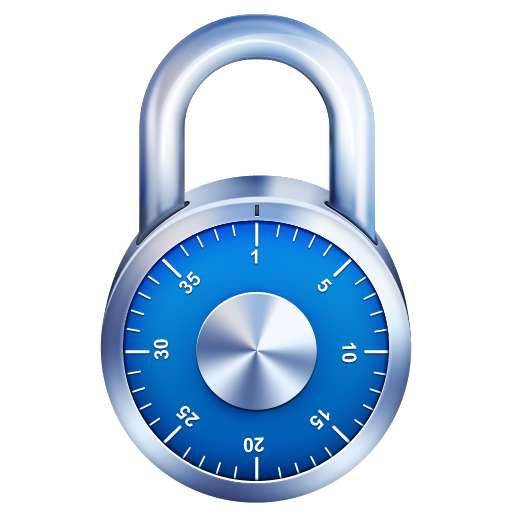
Now is the time to buy a home, and
you've probably heard that from multiple sources; the news has been reporting
it, friends may be telling you, and we've written about it in previous blogs.
The reason for this is the low interest rates, actually the lowest they've been
in many years. The same reason it is a good time to buy is the reason it's a
great time to refinance. Refinancing takes your current loan and applies the
current interest rate to a newly designed loan, thus lowering your monthly
payment and total owed. In this blog we will are discussing why refinancing
your home is something you absolutely should consider.
A decrease of just a quarter to a half
of a percentage point in interest can drastically decrease your monthly
payment. By not refinancing at these low rates, you could be paying much more
than necessary. There are a few ways you
can lower your monthly mortgage payment:
•Refinance to a lower interest rate
•Change the term of your mortgage
•Refinance to an interest-only loan
Refinancing to a lower interest rate
will decrease your monthly payment. Changing the term of your mortgage means
you can change it from a 15 year mortgage to a 30 year mortgage. You would do
this to spread the balance of your mortgage over a longer period of time and
reduce your monthly payment. However, if one of your financial goals is saving
long term and you have a 30-year mortgage,
you may want to shorten the term to 15 or 20 years. You will be paying
more monthly, but you will be paying much less in interest over term of the
loan, which would save you thousands. If you refinance to an interest-only
loan, the amount you pay monthly is the interest for a limited amount of time,
but you can pay as much principal as you like on top. This is desirable because
once you pay all of the interest, you will have a lower mortgage payment and
surplus of funds.
Right now the interest rates are the
lowest they've been in years, which means refinancing your home is a very
attractive financial strategy. At
Intercoastal Mortgage Company we specialize in the purchasing and refinancing
of homes and we would be happy to help you in the process. You could go from an
outrageous interest rate to a low rate just from doing a little paperwork. Contactme and together we can refinance your home.




